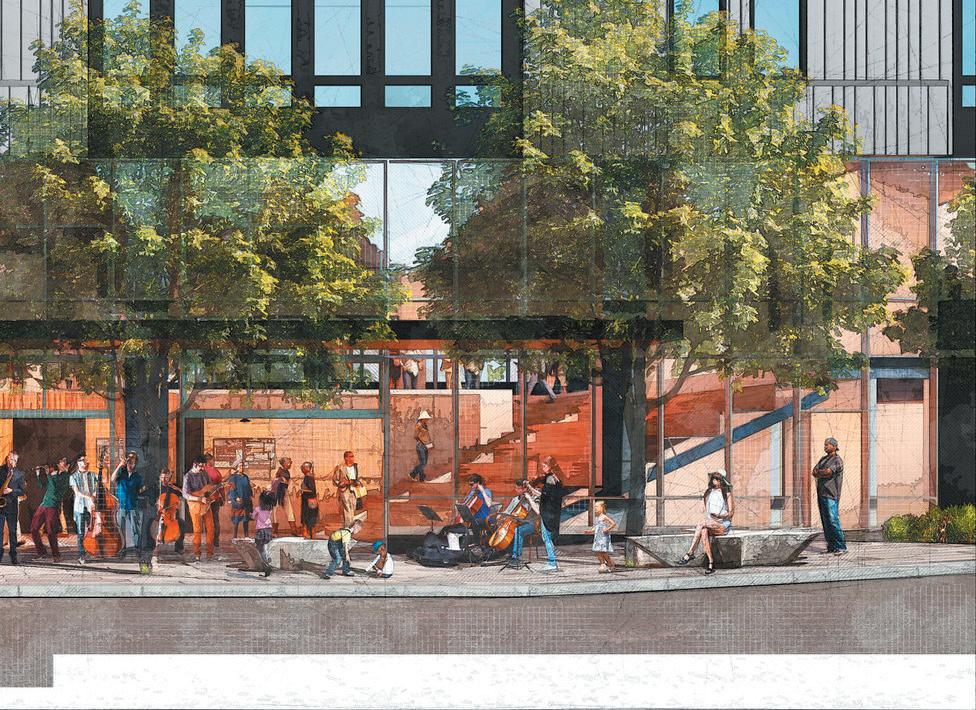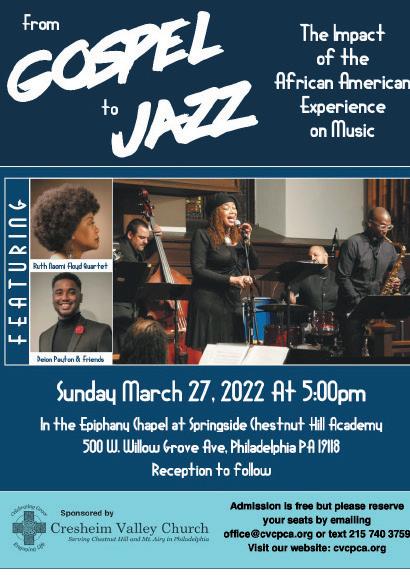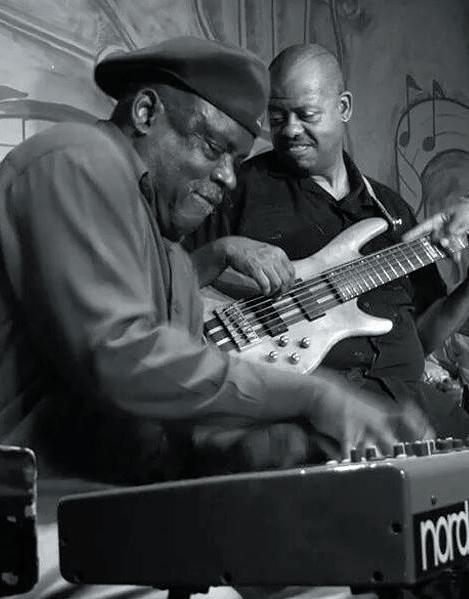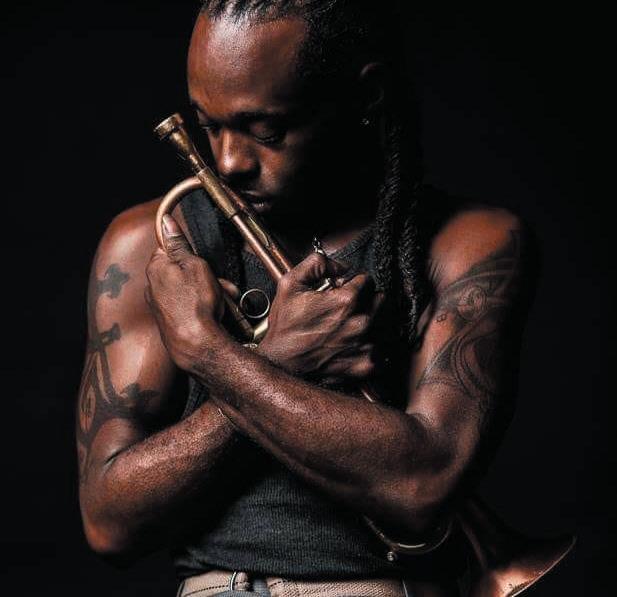JAZZDAY AZ News
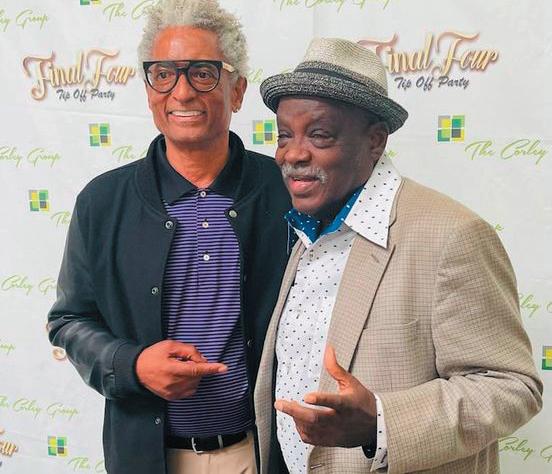


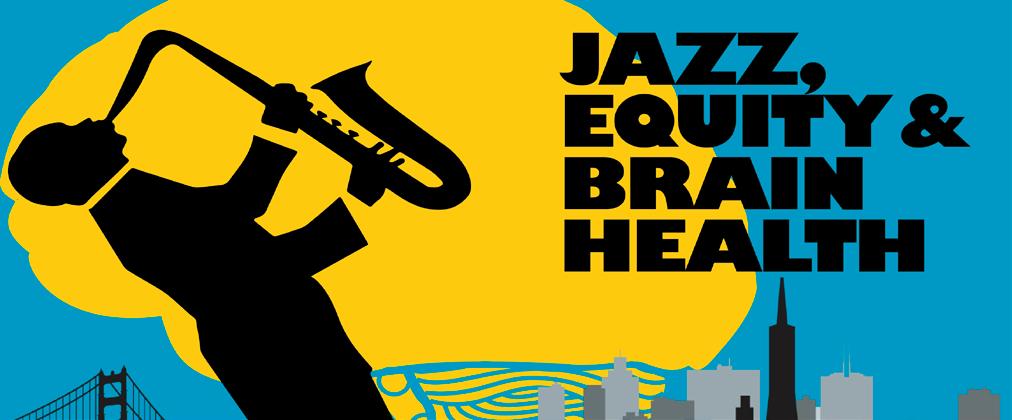
The International Jazz Day AZ Foundation invites you to our first 2023 Annual Conference where we will explore the theme of Health, Wellness and Homeless for muscians with emphasis on the Jazz musicians, because their genre of music requied them to use their minds in a creative way. We will be collaboration with educational sessions, excellent educational con tent presented by leaders in the profession.
International Jazz Day AZ conference and Music Wellness Workshop, a J.A.Z.Z D.A.Y. Project
IJD Music Wellness and Homeless, a J.A.Z.Z. D.A.Y. Project, promotes physical, mental and so cial wellness through the healing power of music. Music wellness has been shown to be partic ularly effective in reducing stress, improving brain function and promoting a healthy well-be ing at any stage of life. In older adults, jazz music stimulates mental and physical function, maximizing overall heath. This conference will be in the memory of a great musician that just committed murder /suicide. I played with my friend a lot and at know time did he ever showed he was having these can of thoughts.
Mission: of IJD Music Wellness, a J.A.Z.Z D.A.Y Project:
• To use jazz music as a catalyst for overall Health Disparities in AZ
• To explore the emotional and social benefits of music inherent in group interaction, music-making and memory recall
• To provide a safe, creative outlet for participants, caregivers and family members to engage in music
IJD Music Wellness, a J.A.Z.Z.D.A.Y. Project: Homeless
A multi-faceted music wellness experience for healthcare and community facilities that serve the homeless, this unique initiative uses jazz music as a catalyst for joy and self-expression for individuals who often feel powerless and marginalized. The International Jazz Day AZ Foundation joining the mission to solve homeless with three facilities: , Tanner Development Corp, Jazz Town USA, Arts Space.org.
Dr. Underwood is major advocacy of health disparities, and inclsion. Dr. Underwood served on several boards and organizations including the Center for Women’s Health, Vibetree Foundation and Planned Parenthood. She is also active in several organizations including the Links, Inc., the National Association for the Advancement of Colored People and Jack and Jill of America, Inc.
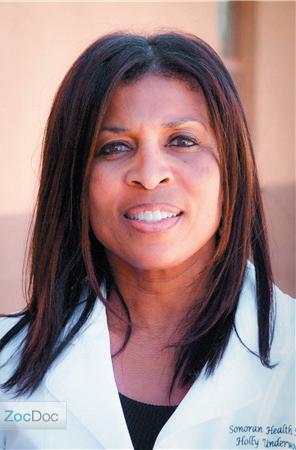
This Music Theraphy Conference will explore othering and belonging through the lens of jazz music and neuroscience; building community through jazz and brain health equity; and the power of empathy, listening, and inclusion in jazz and dementia work. Doc Jones and Keth Corley will consider the ideas of resilience, empathy, improvisation, equity, inclusion, belonging—as well as the social and genetic determinants of brain health—and how they relate to jazz, a musical genre that welcomes and celebrates individual diversity and freedom. Racial and Ethnic Disparities
Race and ethnicity are socially constructed categories that have tangible effects on the lives of individuals who are defined by how one perceives one’s self and how one is perceived by others. It is important to acknowledge the social construction (i.e., created from prevailing social perceptions, historical policies, and practices) of the concepts of race and ethnicity because it has implications for how measures of race have been used and changed over time. Furthermore, the concept of race is complex, with a rich history of scientific and philosophical debate as to the nature of race (James, 2016). Racial and ethnic disparities are arguably the most obstinate inequities in health over time, despite the many strides that have been made to improve health in the United States. Moreover, race and ethnicity are extremely salient factors when examining health inequity (Bell and Lee, 2011; Smedley et al., 2008; Williams et al., 2010). Therefore, solutions for health equity need to take into account the social, political, and historical context of race and ethnicity in this country.

When discussing health disparities across gender groups, it is important to acknowledge that while the basis of some disparities is biological (e.g., rates of ovarian and prostate cancers), the majority of the disparities discussed in this section are not based in biological mechanisms unless otherwise stated. Nonbiological health disparities stem from socioeconomic conditions that can shape gender differences in health outcomes such as mortality rates, alcohol and substance abuse, mental health disorders, and violence victimization.
What can jazz music reveal about the brain, health disparities, and inclsion?Dr.Hollis Underwood
Come celebrate Jazz Appreciation Month (J.A.M) to honor one of America!s earliest and iconic art form (JAZZ) Tempe, Arizona: Celebrated every April, Jazz Appreciation Month is known for bring ing together communities from all over the world to celebrate Jazz and learn about its history. Thanks to International Jazz Day AZ Foundation (IJDAZ) Founder and Execu tive Director, Doc Jones the State of Arizona to passed a bill HCR 2017 in 2019 declar ing April Jazz Appreciation Month (JAM). Throughout the years, jazz has promoted peace, diversity, and freedom of expression, thus reinforcing the role of today’s youth as active agents of social change. “Music has the power to unite people across borders, and Jazz has been doing that for years,” said William ‘Doc’ Jones. “The concert at the Tempe Arts Center will be a tribute to the Smithsonian 21th anniversary of JAM, and we are incredibly proud to join forces with Mayor Corey Woods of Tempe to be a part of this celebration. On April 8, 2023, we have a spectacular lineup featuring Reggie Camble bringing the flavor of New Orleans Spirtuals and special guest Neamen Lyles bringing us Gospel from a Jazz perspective. International Jazz Day AZ Foundation, founded in 2015, is an Arizona-based non-profit organization led by William ‘Doc’ Jones, a pro fessional jazz musician and music educator. Jones has been working closely with gospel icon and pastor Donise Dillard to educate Arizonans and visitors on jazz music’s ex traordinary heritage and history.
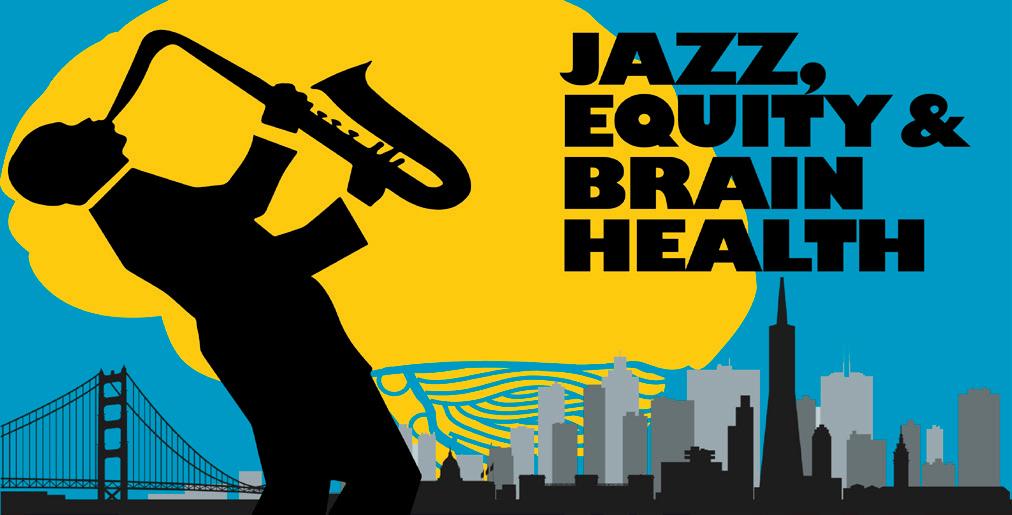
The proceeds from the festival sponsor music programs in organizations such as Next Student Academy for the Arts, Molina’s School of Jazz, and the Doc’s summer music program.” He added. We partner with Charter schools and community organizations in Arizona and develop jazz programs in collaboration with them. “Our mission is to make live music available to the next generation. Jazz has the power to transform lives intellec tually, emotionally, and socially. Every child has the right to quality music education.
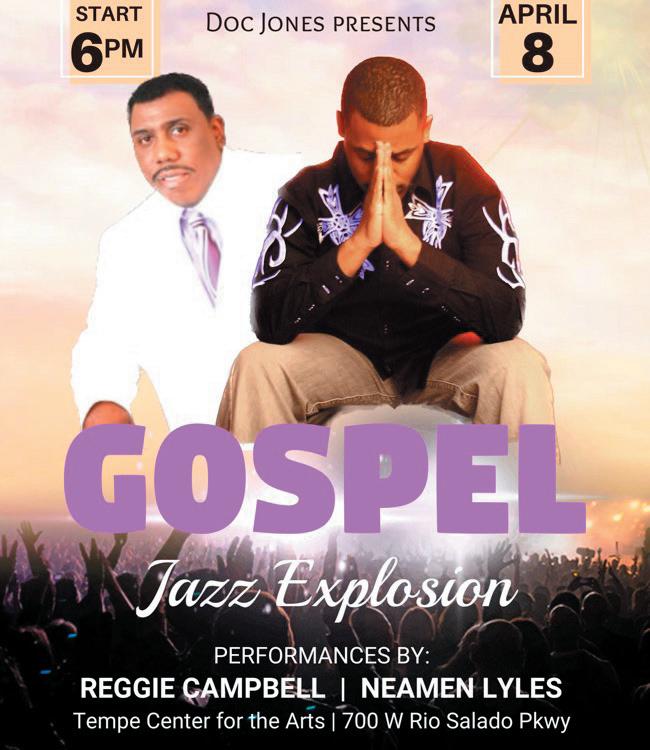
Jazz musicians, even agnostic ones, have a soft spot for gospel. It’s part of the foundation of American music, an essential language like the blues. That doesn’t mean they treat gospel tunes reverently or gingerly. From Louis Armstrong on down, jazz musicians have seized on hymns and spirituals as a starting point for improvisa tion. Now, two new records showcase contrast ing approaches that can be spun out of old-time religious tunes.
Racial and Ethnic Disparities
Race and ethnicity are socially constructed categories that have tangible effects on the lives of individuals who are defined by how one perceives one’s self and how one is perceived by others. It is important to acknowledge the social construction (i.e., created from prevailing social perceptions, historical policies, and practices) of the concepts of race and ethnicity because it has implications for how measures of race have been used and changed over time. Furthermore, the concept of race is complex, with a rich history of scientific and philosophical debate as to the nature of race (James, 2016). Racial and ethnic disparities are arguably the most obstinate inequities in health over time, despite the many strides that have been made to improve health in the United States. Moreover, race and ethnicity are extremely salient factors when examining health inequity (Bell and Lee, 2011; Smedley et al., 2008; Williams et al., 2010). Therefore, solutions for health equity need to take into account the social, political, and historical context of race and ethnicity in this country.

When discussing health disparities across gender groups, it is important to acknowledge that while the basis of some disparities is biological (e.g., rates of ovarian and prostate cancers), the majority of the disparities discussed in this section are not based in biological mechanisms unless otherwise stated. Nonbiological health disparities stem from socioeconomic conditions that can shape gender differences in health outcomes such as mortality rates, alcohol and substance abuse, mental health disorders, and violence victimization.
INT’L JAZZ DAY AZ FOUNDATION & THE CORLEY ENTERTAINTMENT Tempe Center for the Arts Celebrates the Kick off Jazz Appreciation Month on Sat April 8th, 2023What can jazz music reveal about the brain, health disparities, and inclsion?
The charisma of a preacher, the attitude of a monk, the kindness of a human. This and much more is saxophonist Kirk Whalum. Those, who attended his concerts, will never forget him and his melodies.
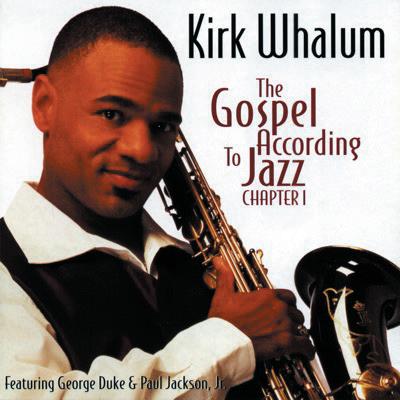
Kirk is like Grover Washington Jr. a legend, the shining light of music. He is a wanderer between two worlds. An in-demand artist in the smooth jazz scene he performed with Peter White, Rick Braun, Jonathan Butler, Gerald Albright and many more. Albums like For You (1998), Unconditional (2000), Kirk Whalum Performs the Babyface Songbook (2005), and Roundtrip (2007) received high acclaims and great acceptance by the listen ers.
But his real passion is Gospel music and the worship to God. His Gospel hours are truly impressing and inspirational. He started his first Gospel project in 1998 with The Gospel According to Jazz, Chapter One. His sophomore project in this genre was Hymns in the Garden (2000), followed by The Gospel According to Jazz, Chapter II (2002).
After a long hiatus he now presents The Gospel According to Jazz, Chapter III (2010). Kirk comments: “’The Gospel According to Jazz is about that pursuit of excellence in one’s craft as a worship to God. My devotion to that instrument and trying to really master an instrument is my primary worship to God. I certainly worship him with my mouth. I just praise God. I try to serve him in whatever way I see fit.”
The album was recorded live at Reid Temple, Glenn Dale, MD and additionally recorded in diverse studios. Featured musicians on this album are among others George Duke (pi ano), Lalah Hathaway (vocals), Doc Powell (guitar), Kevin Whalum (vocals), John Stod dart (keyboards, vocals, programming), Hugh “Peanuts” Whalum (vocals, sax, piano), Kenneth Whalum III (sax), Kyle Whalum (bass) and Caleb Tha Bridge (rap vocal).
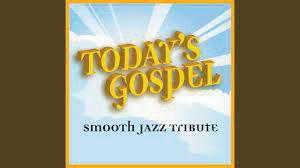
Turn It Around - Smooth Jazz Tribute To Israel Houghton And New Breed is a positive song by Smooth Jazz All Stars with a tempo of 130 BPM. It can also be used half-time at 65 BPM or dou ble-time at 260 BPM. The track runs 3 minutes and 4 seconds long with a G key and a major mode. It has high energy and is very danceable with a time signature of 4 beats per bar.
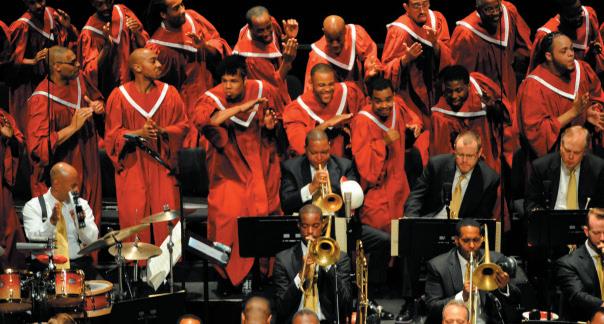
The merger of the two might seem sacrilegious to some, but the joyful noise of gospel and the secular sounds of jazz have more in common than many think.
Perhaps no one knows this better than Wynton Marsalis, the astute jazz man whose ambitious explorations of the past give shape and dimen sion to his understanding of modern sounds. Since rocking the jazz world in the early ‘80s, when Marsalis was barely out of high school, the 51-year-old trumpeter has spent most of his ca reer extending ideas and motifs predating 1965.
Marsalis travels much farther back in time with “Abyssinian: A Gospel Celebration,” a lengthy composition exploring that relationship between gospel and jazz that he penned to commemorate the bicentennial of the Abyssinian Baptist Church in Harlem.
“I don’t just deal with the history of jazz and gos pel; I deal with the whole church experience,” said Marsalis, calling from his New York City home. “I take things in the Afro American church experi ence and the Anglo American church experience. I take parts of a Mass and relate them to a typical Baptist service. I take the sound of Count Basie’s band and apply it to church music.”
 INT’L JAZZ DAY AZ FOUNDATION & THE CORLEY ENTERTAINTMENT GROUP WILL HOST MUSIC CONFERENCE
INT’L JAZZ DAY AZ FOUNDATION & THE CORLEY ENTERTAINTMENT GROUP WILL HOST MUSIC CONFERENCE
“I don’t just deal with the history of jazz and gospel; I deal with the whole church experience,” said Marsalis
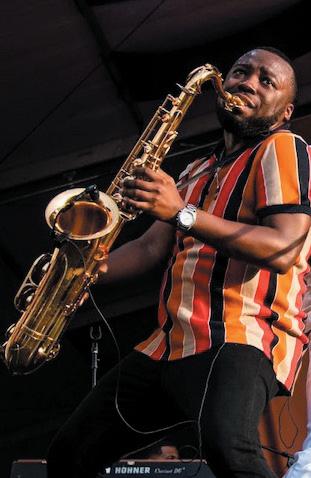


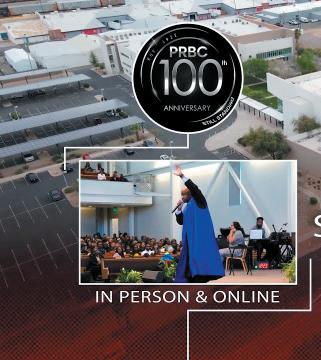
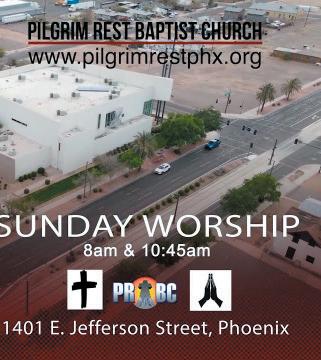
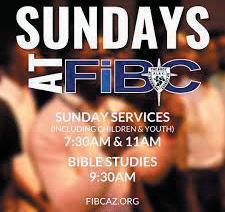
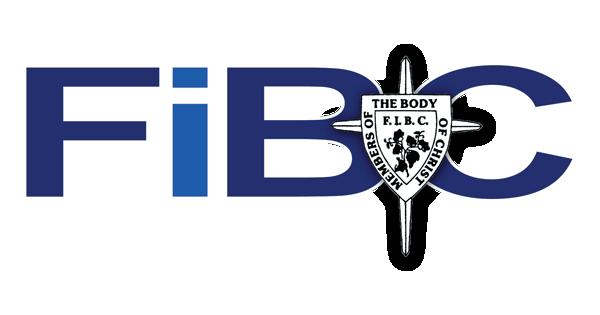
Dr. Warren H. Stewart, Sr., is a native of Coffeyville, Kansas where he was reared in a Christian family and Afri can-American Church environment. He accepted Jesus Christ as his personal Savior at the age of 16 and preached his Trial Sermon at the age of 17. He is married to the Reverend Dr. Karen E. (Curry) Stewart and they are the par ents of a blended family of five sons, Warren, Jr., Matthew, Jared, Justin, Aaron and two daughters, Jamila Imani and Jessica Elizabeth (Curry) Morris. He is the grandfather of Warren Josiah, III, Micaiah Lovel, Matthew Christian II, Jared Chamberlain II, Kaira Nechee, John Paul Silas, Jase Alexander, Joshua Elijah, Mia Noelai, Sanaya Elyse, Janelle Elizabeth, Lance Nasir and Jayla Arielle, and “adopted” Jonny Angel. He is presently the Senior Pastor of the First Institutional Baptist Church of Phoenix, Arizona and has served there since July 1, 1977. Dr. Stewart was appointed Executive Secretary of the Home Mission Board of the National Baptist Convention, USA, Inc., in November 1994, serving 10 years. He became an Individual Life Member of the Progressive National Baptist Convention, Inc. in 2019, and FIBC is an active member congregation in 2020 as well as the Lott Carey Baptist Foreign Mission Convention. He was recognized by The Arizona Republic newspaper as one of the ten most influential religious leaders in the Valley (Phoenix), October 6, 1985, The Phoenix Gazette 1993 Hall of Fame as being “one of ten people whose achievements had the most notable effect on . . . Arizona,” the Arizona Daily Star (Tucson) as a “Living Legend” on January 20, 2002, as the 2003 Calvin C. Goode Lifetime Achievement Award by City of Phoenix/MLK, Jr. Celebration, Phoenix Business Journal as one of 25 “Leaders and Legends” in the business community in 2005, Phoenix New Times “Best Pro-Civil Rights Pastor” and Arizona Informant “Faith Community Award”, both in 2011. Dr. Stewart was inducted into the 30th Anniversary of the Martin Luther King, Jr. College of Ministers & Laity—Board of Preachers, and had his oil painting portrait unveiled and hung in the Morehouse College Martin Luther King, Jr. International Chapel, Atlanta, GA, on April 9, 2015. He was honored by being named a 2017 HISTORYMAKER by the Historical League, Inc. and in 2021, he was named 72nd Man of the Year by Valley Leadership. In August 2022, the Phoenix City Council voted unanimously to honor Dr. Stewart by naming 12th and Jefferson Streets near FIBC “Dr. Warren H. Stewart, Sr. Way” on the occasion of his 45th Pastoral Anniversary.
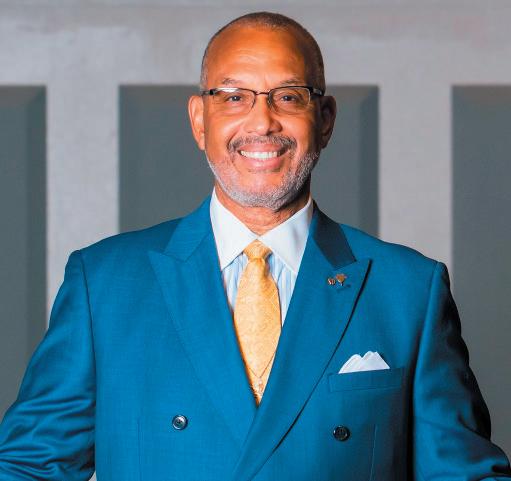
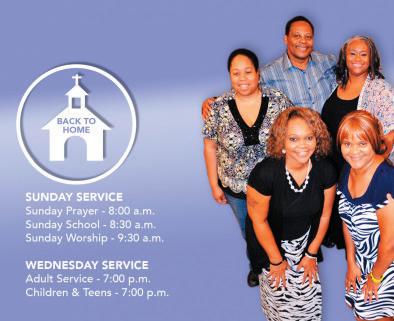
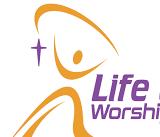
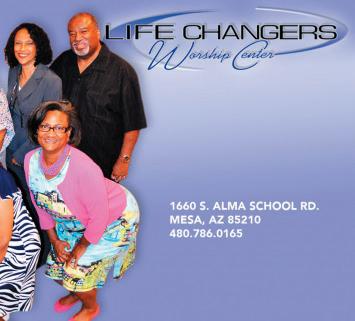
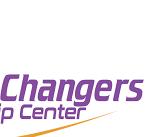
After careful consideration and watching the aftermath of musicians being out of work for the last few months due to the Covid 19 virus a lot of our musicians will be losing their homes and apartments.
Low-Cost Housing For Creative Artists International Jazz Day AZ Foundation & Jazztown USA are in the process of developing affordable housing for creative artists with emphasis on Jazz musicians.
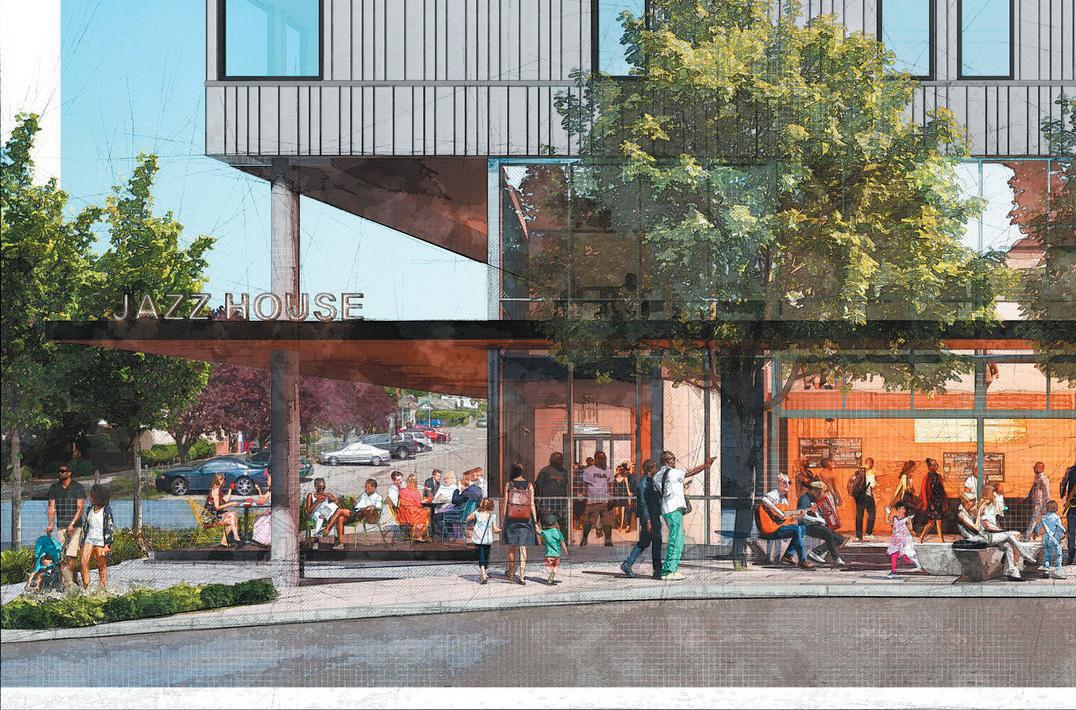
Book An Appointment
Marley Cover1.indd
Whether the aim is to pass or prevent passage of legislation on a particular affordable housing issue, defend against cuts to critical public programs, or educate a particular constituency about the impact of a law or regulation, organizations seeking to advance a affordable housing agenda must have five advocacy capacities to succeed. Advocate For HUD And USDA Rural Development Funding These programs support millions of low-income families and we seek an increase in funding Pioneer Affordable Housing As A Platform For Improved Health Combining healthcare partnerships with preventative health and wellness programming reduces hospital visits
Support Charitable Giving Through Philanthropy And Community Partnerships
We actively engage with citizens, community leaders, and grassroots organizations to join our movement Champion The Low Income Housing Tax Credit (LIHTC) This has been a foundation for the nation’s community development and affordable housing for over three decades Improve Federal Support For Community Development Financial Institutions (CDFIs We advocate for more resources, participation and access, and improvements to CDFIs by partnering with CDFI Coalition and Opportunity Finance Network (OFN) We Actively Engage With Citizens, Community Leaders, And Grassroots Organizations To Join Our Movement The differences between the “traditional stick built” methods of construction versus the “modular” method are showing to be a great way to go.
The CEO and developers of Jazztown USA is looking to build new home for its community, and would like to get the process done 30%-40% faster at a cost savings of 10%-20% of the original stick built method while building a stronger product.
Call Us Today 602-524-7998
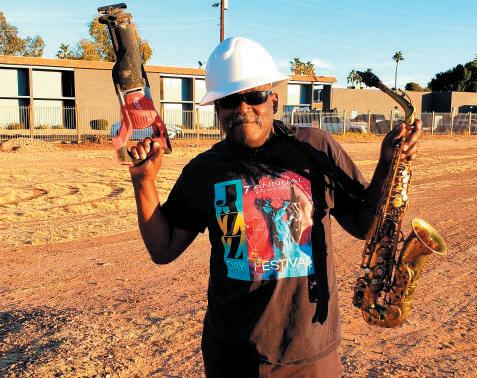
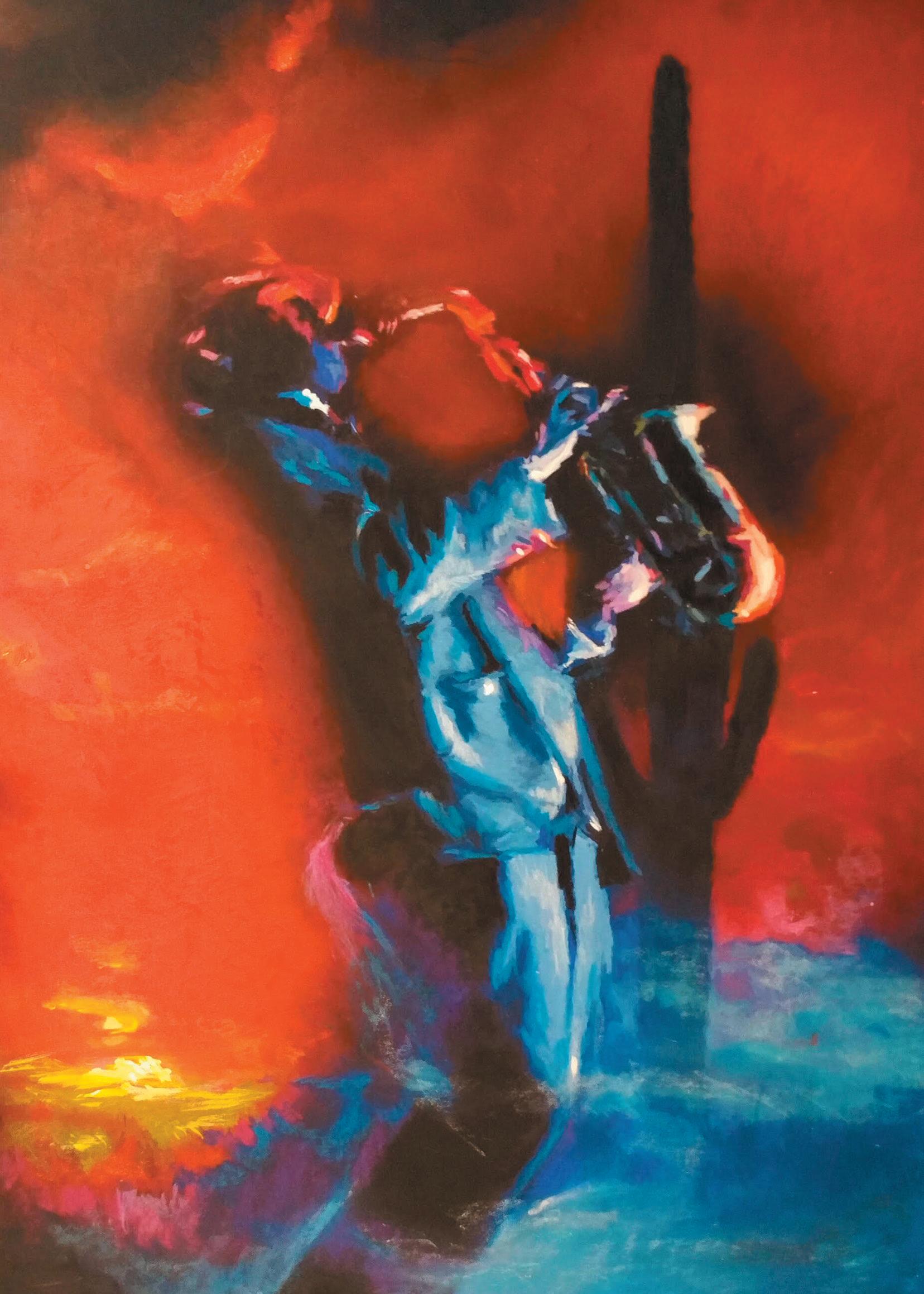
After careful consideration and watching the aftermath of musi cians being out of work for the last few months due to the Covid 19 virus a lot of our musicians will be losing their homes and apartments.
